Riscon
✅ Psychosis management
✅ Mood stabilization
✅ Hallucination reduction
✅ Delusion control
✅ Improved cognitive function
Riscon contains Risperidone.
Product Overview
Riscon is a pharmaceutical formulation containing Risperidone as its active component. This tablet medication is clinically indicated for managing psychiatric conditions such as schizophrenia, bipolar disorder, and irritability related to autistic spectrum disorders. As an atypical antipsychotic, Risperidone functions by modulating neurotransmitter activity in the central nervous system, effectively addressing symptoms of psychosis and mood instability.
Therapeutic Applications
Riscon tablets are prescribed for:
– Symptomatic control of schizophrenia (including hallucinations, delusions, and cognitive disorganization)
– Treatment of acute manic/mixed episodes in bipolar disorder
– Management of behavioral irritability in pediatric autism cases
Off-label usage may occur based on clinical judgment for other neuropsychiatric conditions.
Administration Guidelines
Take Riscon orally once daily, with or without meals, following medical instructions. Tablets should be swallowed intact with adequate water – do not crush, chew, or divide. Maintain consistent dosing schedules for optimal therapeutic outcomes. Discontinuation requires medical supervision to prevent withdrawal effects or symptom recurrence.
Mechanism of Action
Riscon’s active compound, Risperidone, exerts its effects through dual antagonism of dopamine D2 and serotonin 5-HT2 receptors. This pharmacological action:
– Mitigates psychotic manifestations
– Stabilizes mood fluctuations
– Potentially enhances cognitive processing
– Reduces behavioral dysregulation in autism spectrum conditions
Dosing Protocol
Dosage parameters are individualized based on:
1. Diagnostic indication
2. Symptom severity
3. Patient-specific factors
4. Treatment response
Medical supervision is essential for dose titration. Store tablets at controlled room temperature (15-30°C) in moisture-free conditions.
Therapeutic Advantages
Clinical benefits of Riscon therapy include:
- Effective symptom control across multiple psychiatric diagnoses
- Improved emotional regulation and cognitive performance
- Reduction in behavioral disturbances
- Enhanced psychosocial functioning
Adverse Effects Profile
Common treatment-emergent phenomena may involve:
– Somnolence
– Vertigo
– Metabolic alterations (weight gain, appetite changes)
– Anticholinergic effects (xerostomia, constipation)
Monitor for serious neurological, metabolic, or cardiovascular reactions requiring medical intervention.
Precautions
Special considerations apply for:
– Geriatric populations
– Dementia-related psychosis cases
– Patients with cardiovascular/neurological comorbidities
Potential drug interactions necessitate comprehensive medication review. Increased suicidality risk warrants close monitoring in younger populations.
Storage Requirements
Maintain product integrity by:
– Storing at ambient temperature
– Protecting from humidity
– Restricting access to children/pets
– Observing expiration dates
Medical Disclaimer
This informational content is professionally curated to provide accurate, evidence-based knowledge. It does not substitute for professional medical advice, diagnosis, or treatment. Complete disclosure of medical history and concurrent therapies to your healthcare provider is essential. This resource aims to facilitate informed patient-provider discussions regarding therapeutic options and management strategies.
| Strength | 1 mg, 2 mg, 4 mg |
|---|---|
| Quantity | 30 Tablet/s, 60 Tablet/s, 90 Tablet/s, 180 Tablet/s |
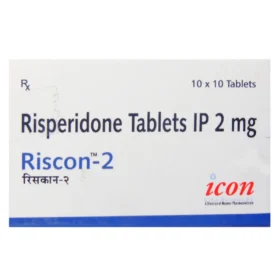 Riscon
Riscon









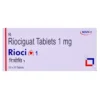
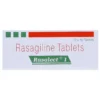
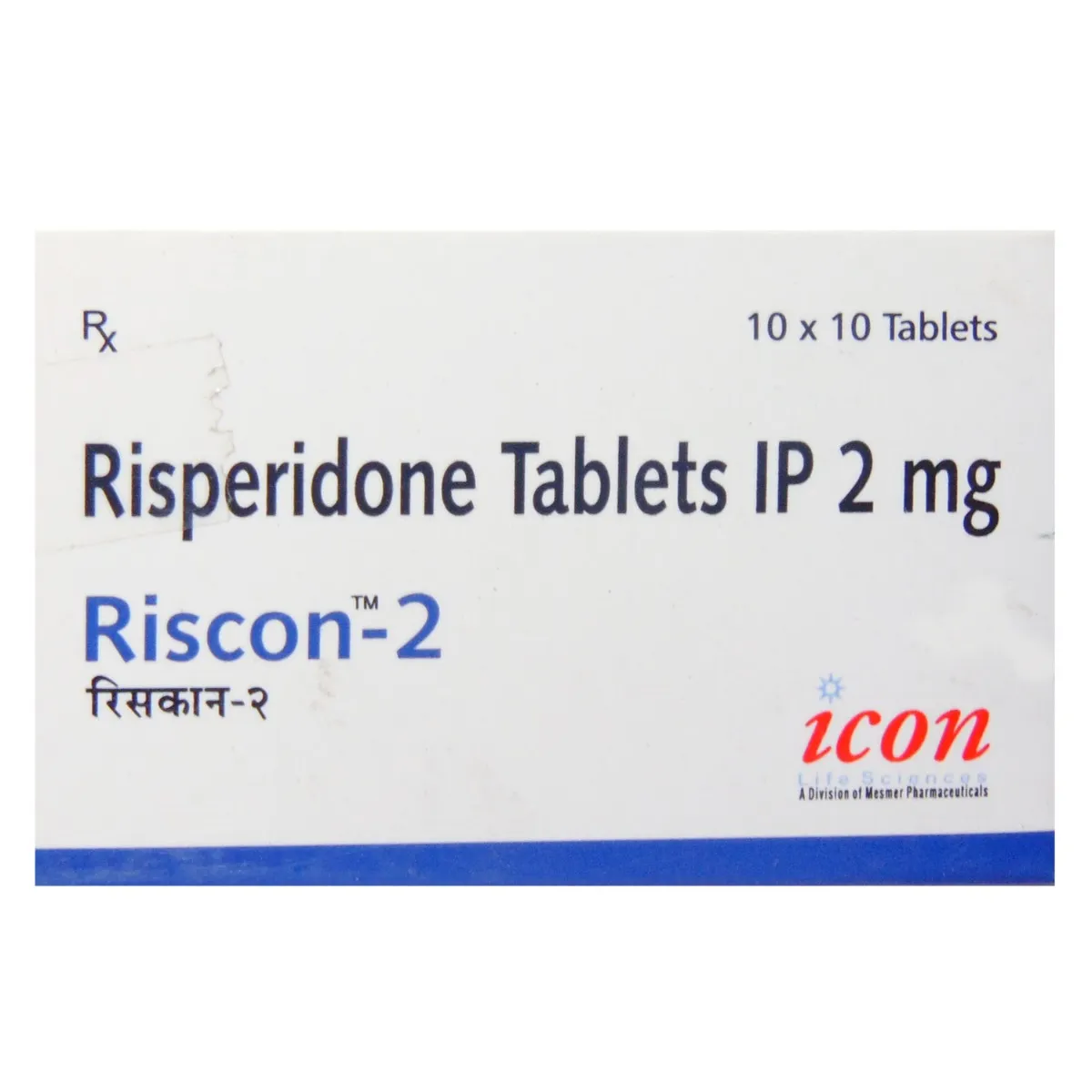
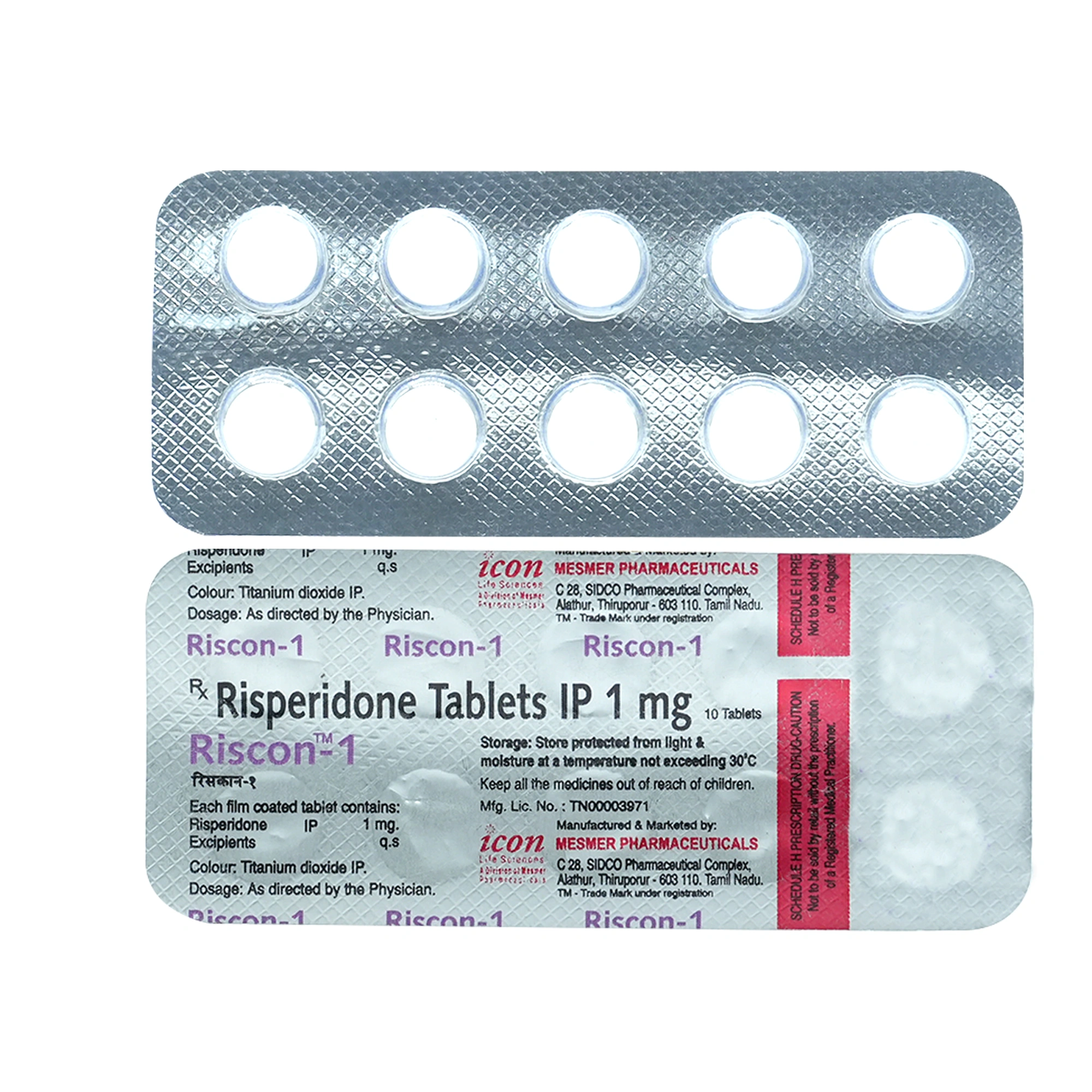
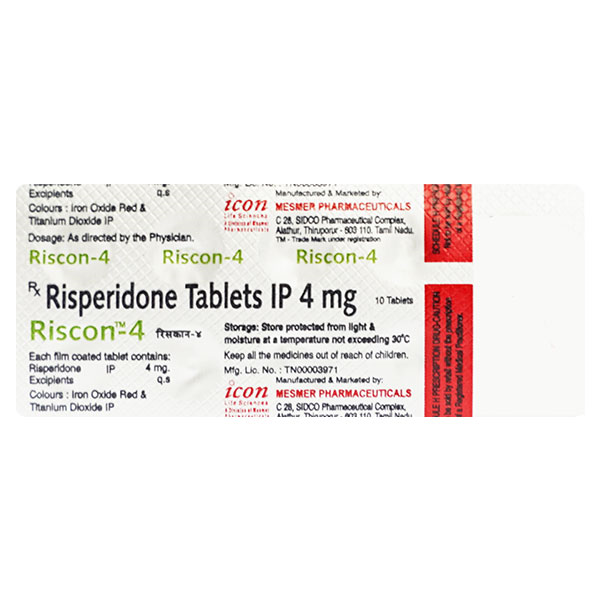
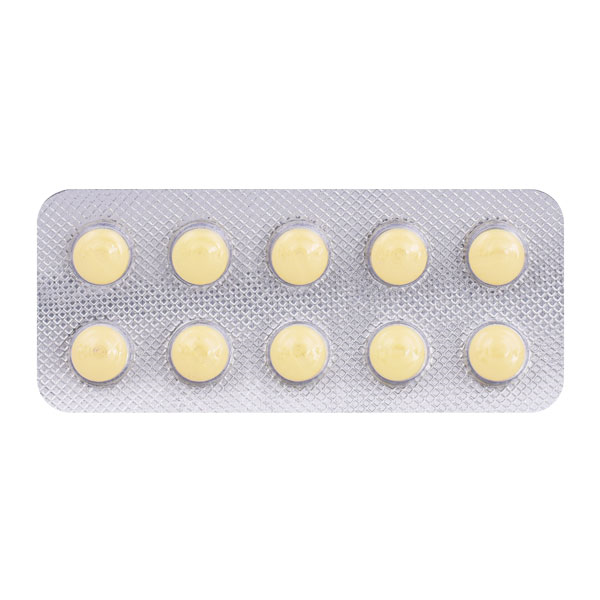
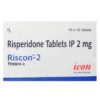
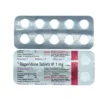
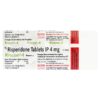
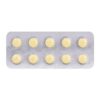
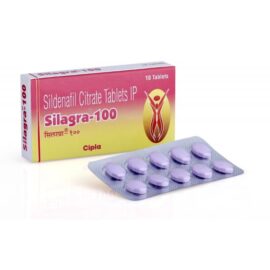
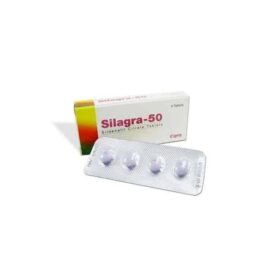
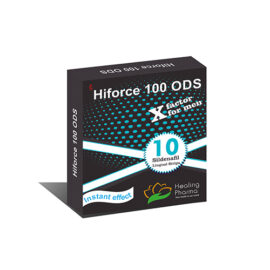



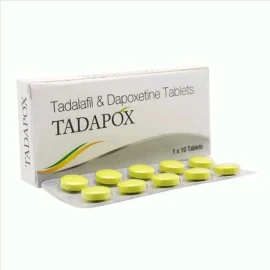
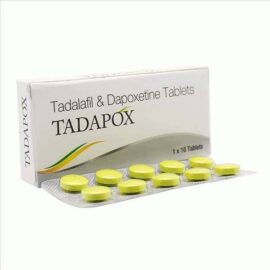
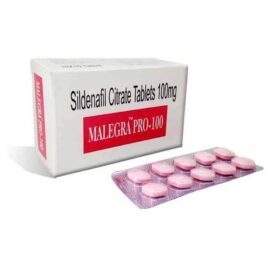
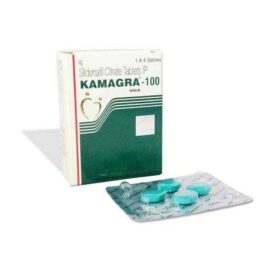
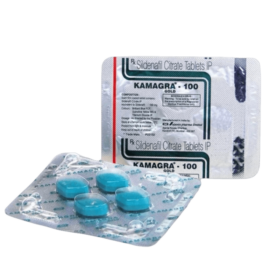
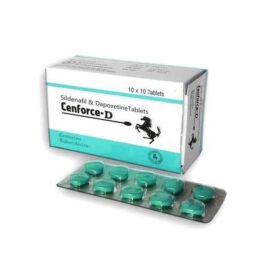
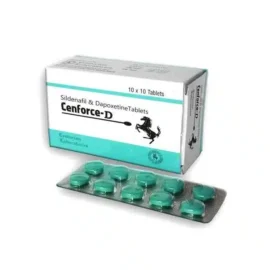
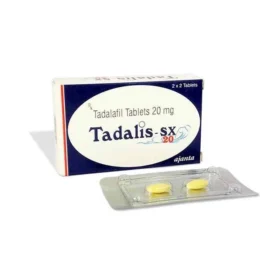
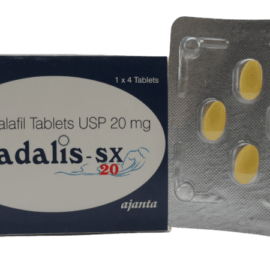
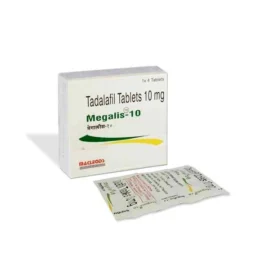
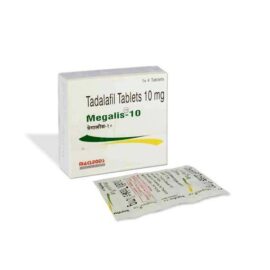
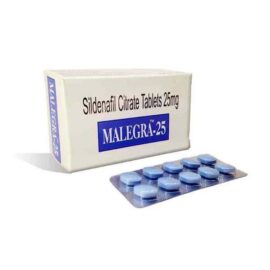
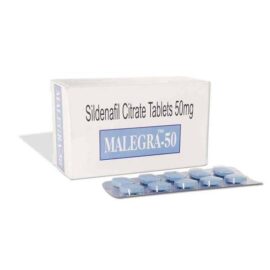


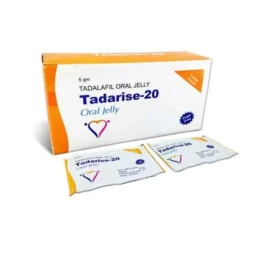
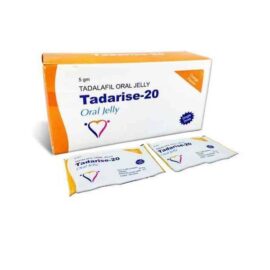
Reviews
There are no reviews yet